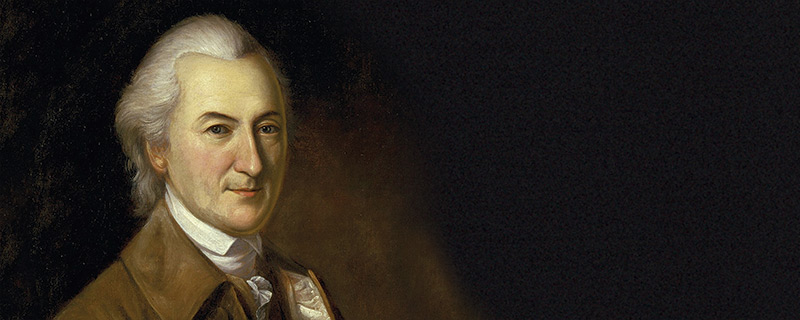About Publications Library Archives
heritagepost.org

Preserving Revolutionary & Civil War History

Preserving Revolutionary & Civil War History

Author: John Dickinson
Date:1770
Annotation:
The escalating conflict with Britain after 1763 forced the colonists to define their identity as well as the nature of sovereignty and authority through practical action and philosophic reflection. Republican ideology served as a way to articulate a sense of identity. Increasingly, the colonists envisioned themselves as a people emancipated from religious and political despotism, as a simple cooperative people whose virtue and independence rested on land ownership.
A Philadelphia landlord and lawyer, John Dickinson (1732-1808) played a critical role in mobilizing popular opposition to the Townshend Acts. In a series of newspaper essays, he argued against all parliamentary taxes–both “direct” taxes and “indirect” taxes. Far from being duties to regulate trade, the Townshend Acts were taxes to raise revenue. Taxes disguised as trade duties, he wrote, were “a most dangerous innovation,” with the potential for turning the colonists into “abject slaves.” Significantly, like Brutus, Dickinson can assume that all white colonists, regardless of class or occupation, are “free,” and are thus vulnerable to British “enslavement.”
In this letter Dickinson associates the colonial cause with virtue and piety and implicitly identifies Britain with luxury and corruption. It is notable that so many colonists addressed their appeals to an English woman.
Document:
A class of men in all states too fondly devoted to profitable tho inglorious Tranquility, have their the same addiction to private interests here, that they have shewn in every other part of the world. But the freeholders of this Continent, the really respectable Body of the People, I think, are still firm to the Cause of Liberty. To engage them to act with more spirit of headiness in controlling the sliding patriotism of merchants, it will…wait…[until] the administration encouraged by a supposed Victory, shall with still more indolent audacity renew their attacks on our Freedom….
I trust we have Virtue & Resolution. Yet certain it is–than no mortal can engage in a more difficult Enterprise to rouse a People in vindication of their artfully invaded Rights–to unite them–& to maintain that union, in a persevering adherence to…measures for obtaining Redress.
Your generous Labors, Madam, in rendering Justice…will I doubt not, facilitate the Endeavors of future Patriots throughout the British Dominion in every age. Your attention to America in particular is very obliging….
Source: Gilder Lehrman Institute